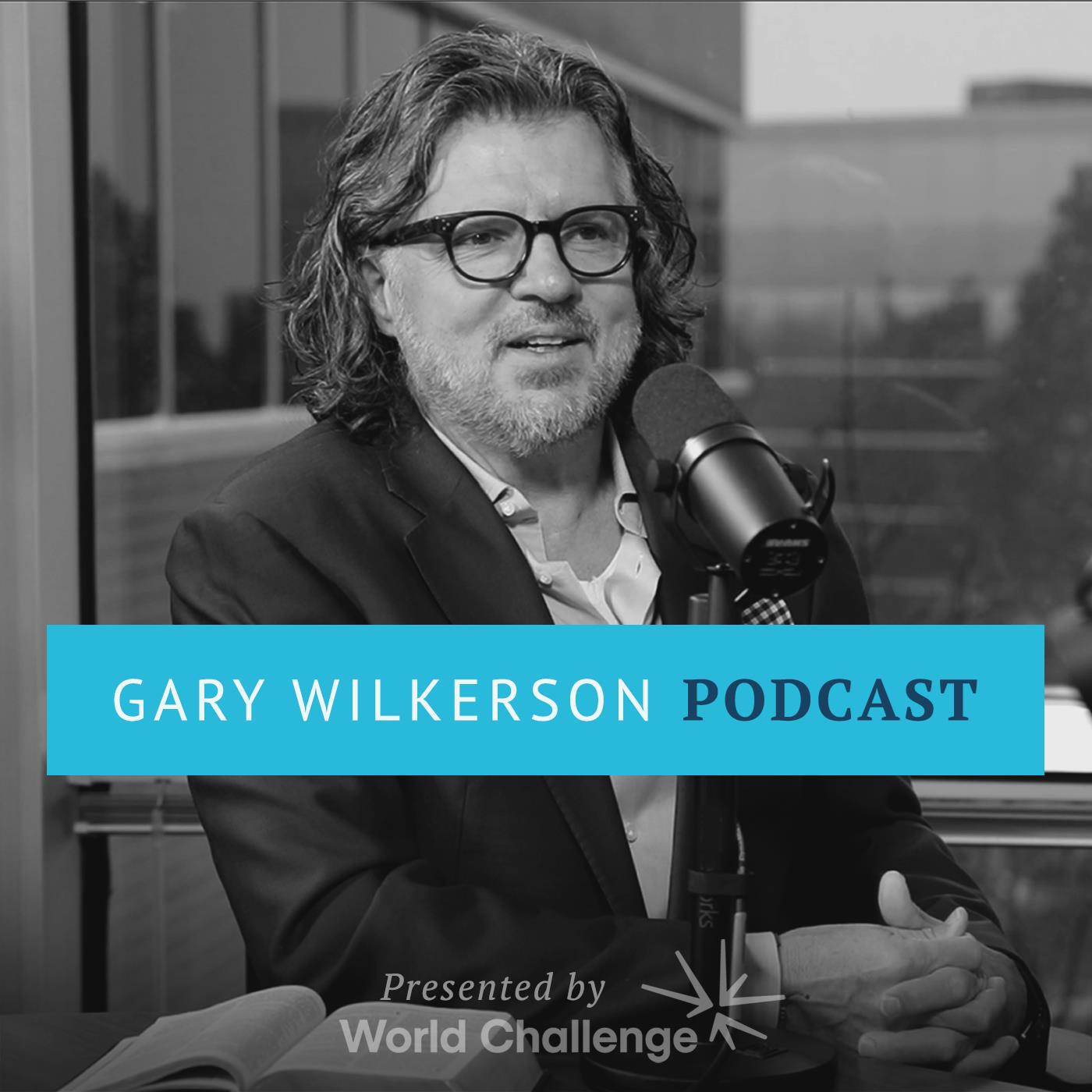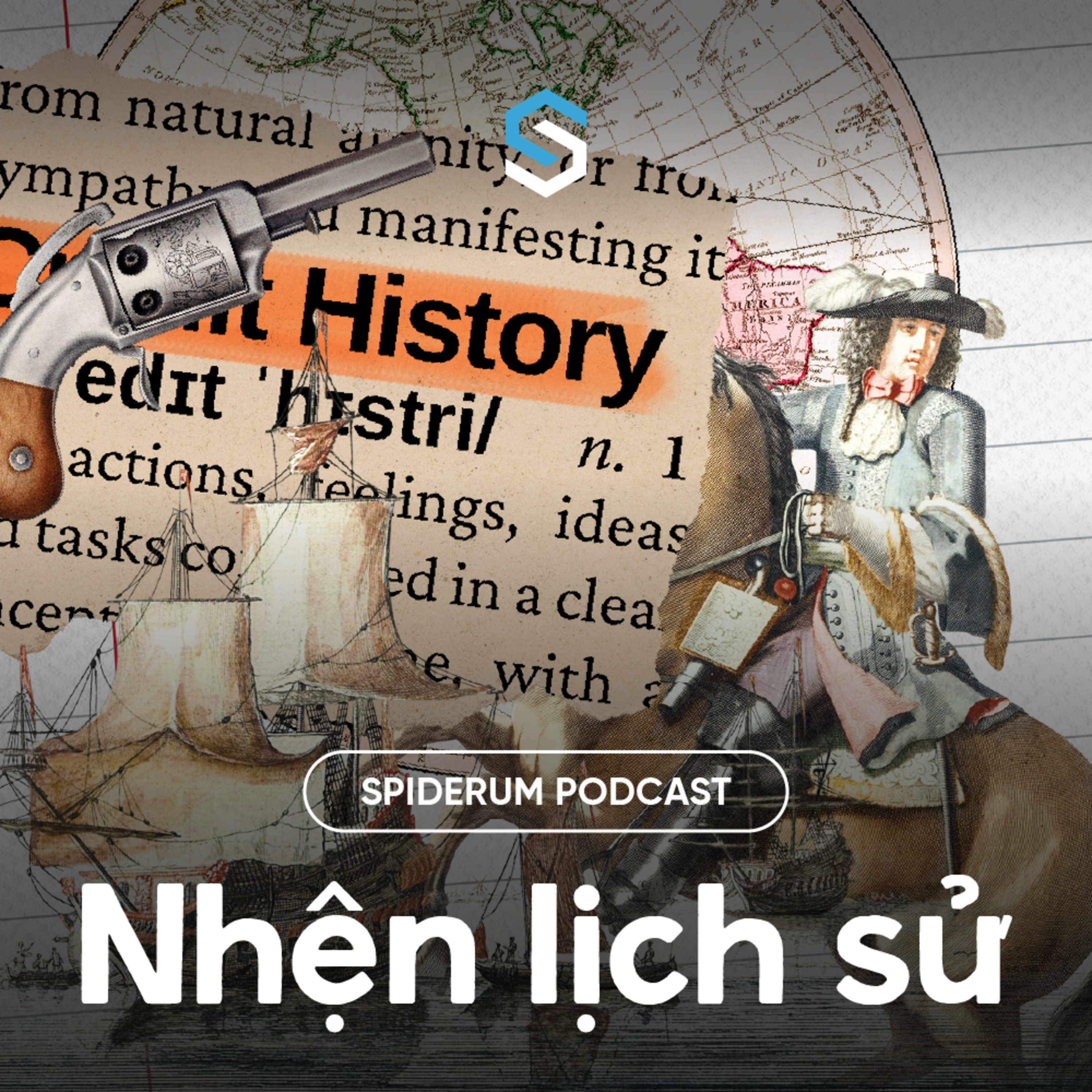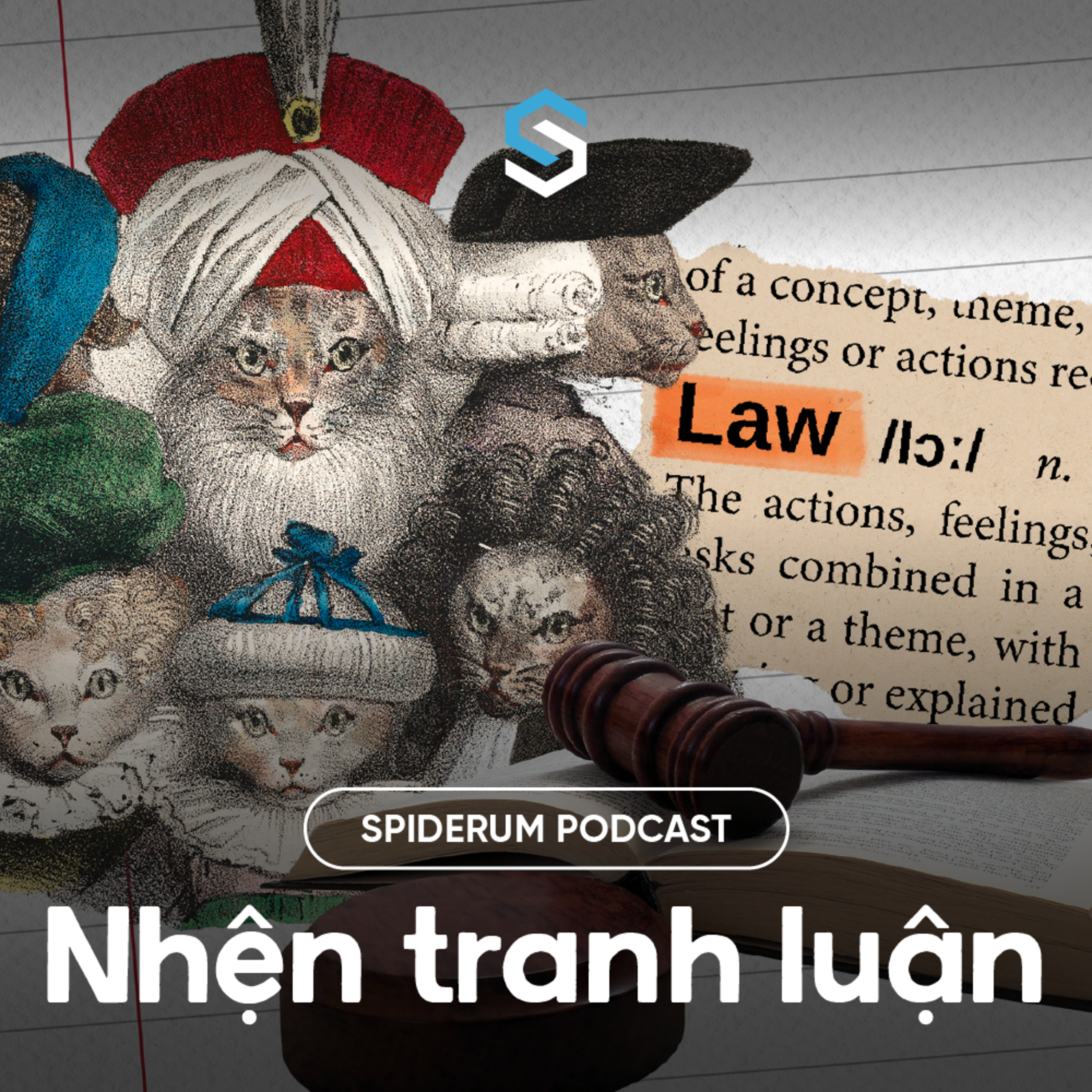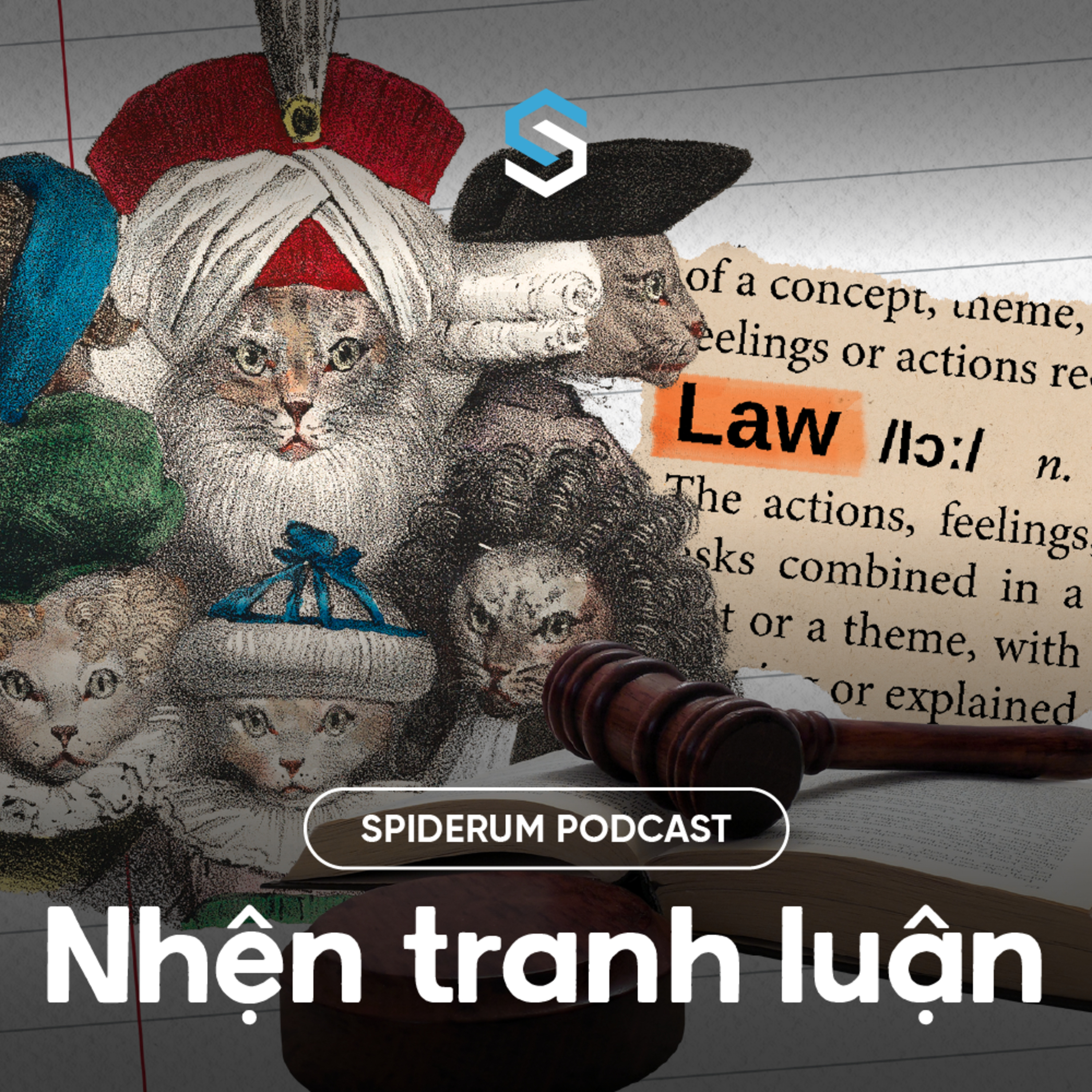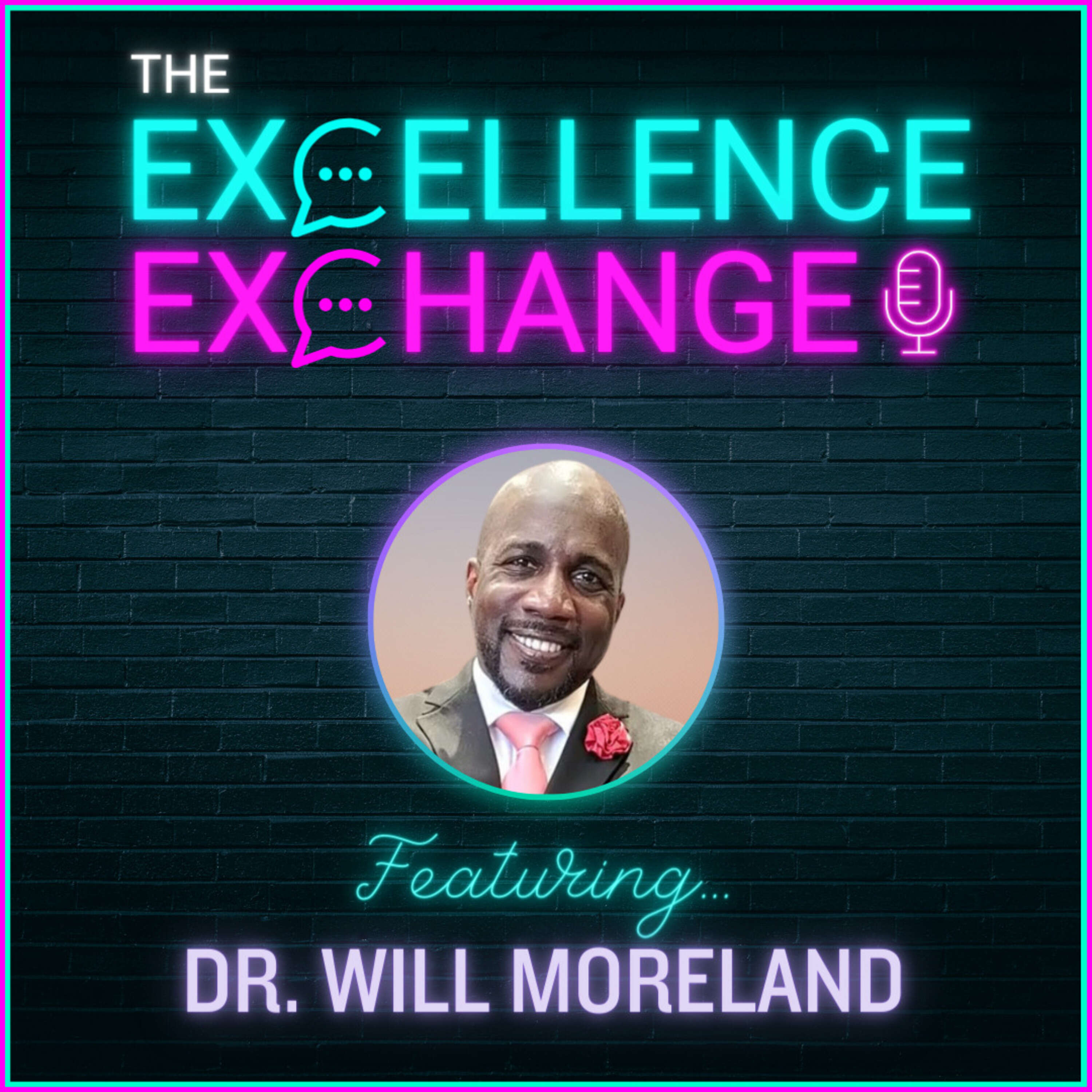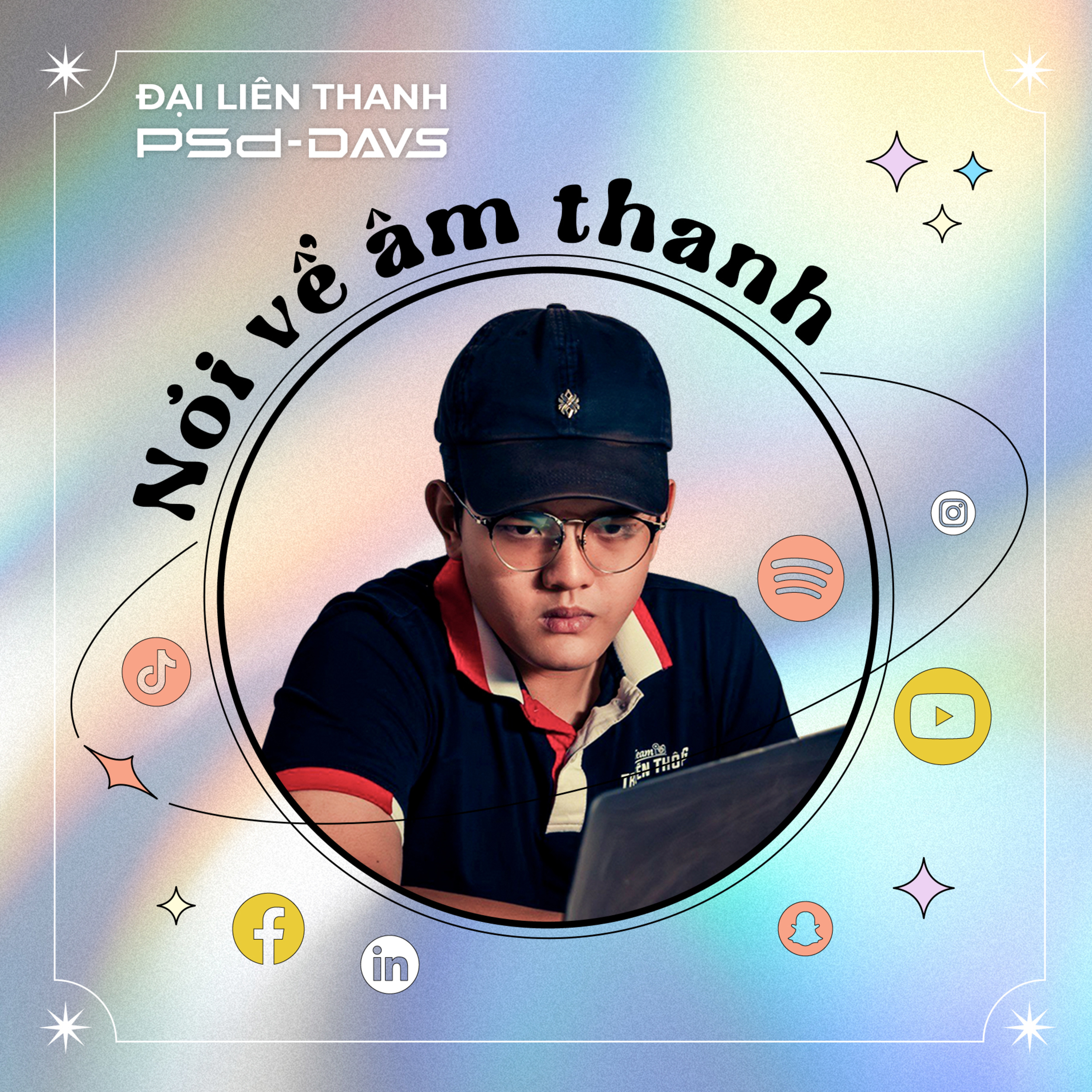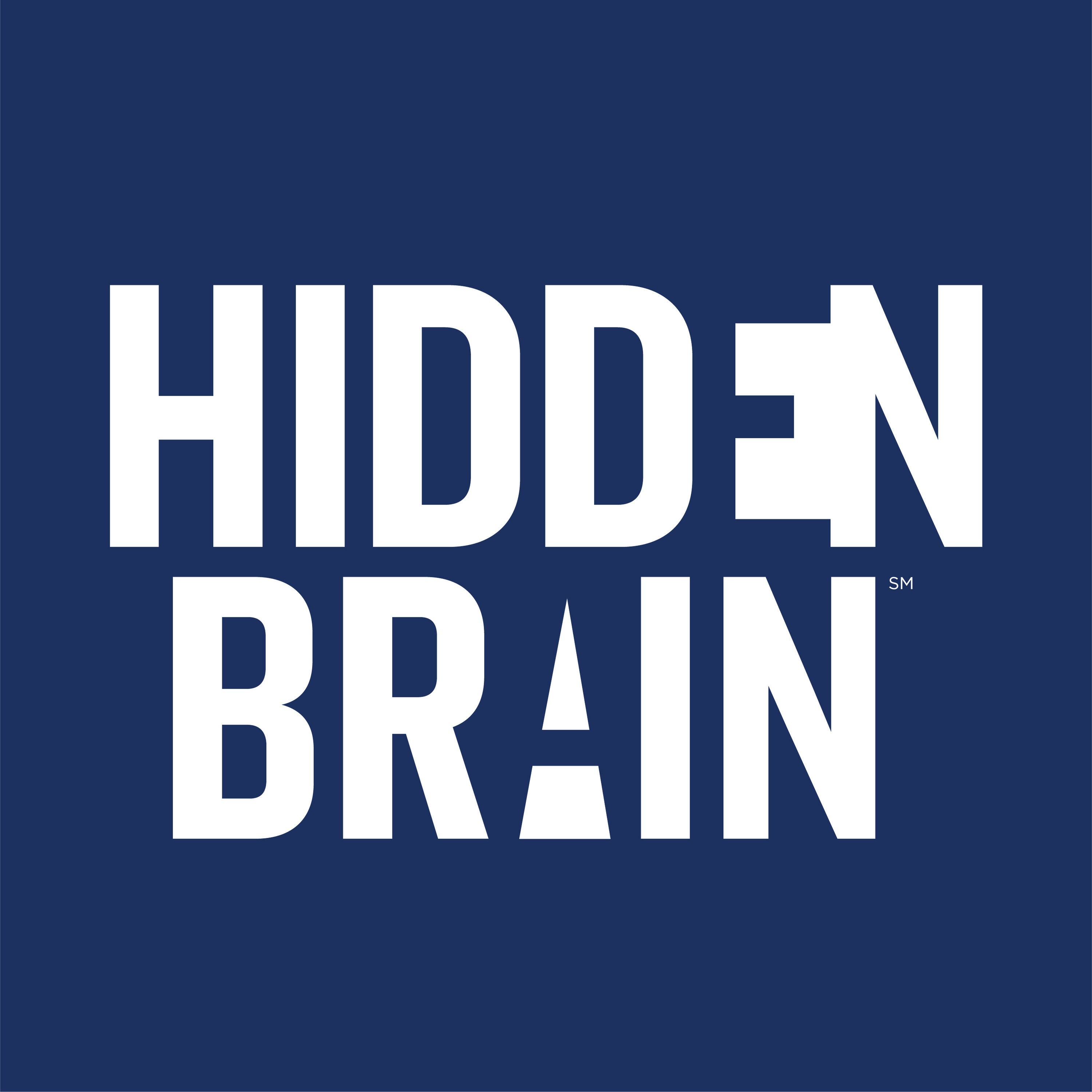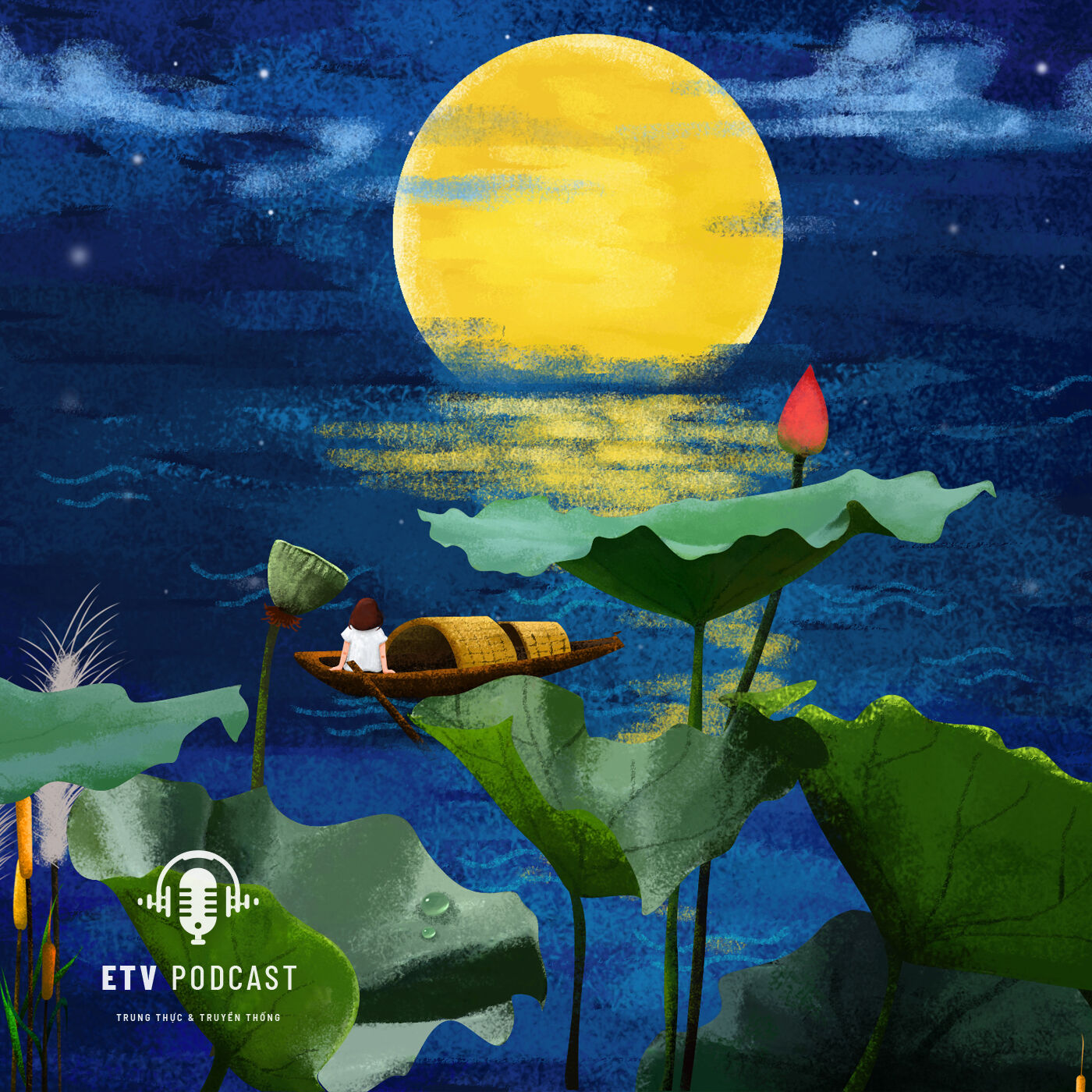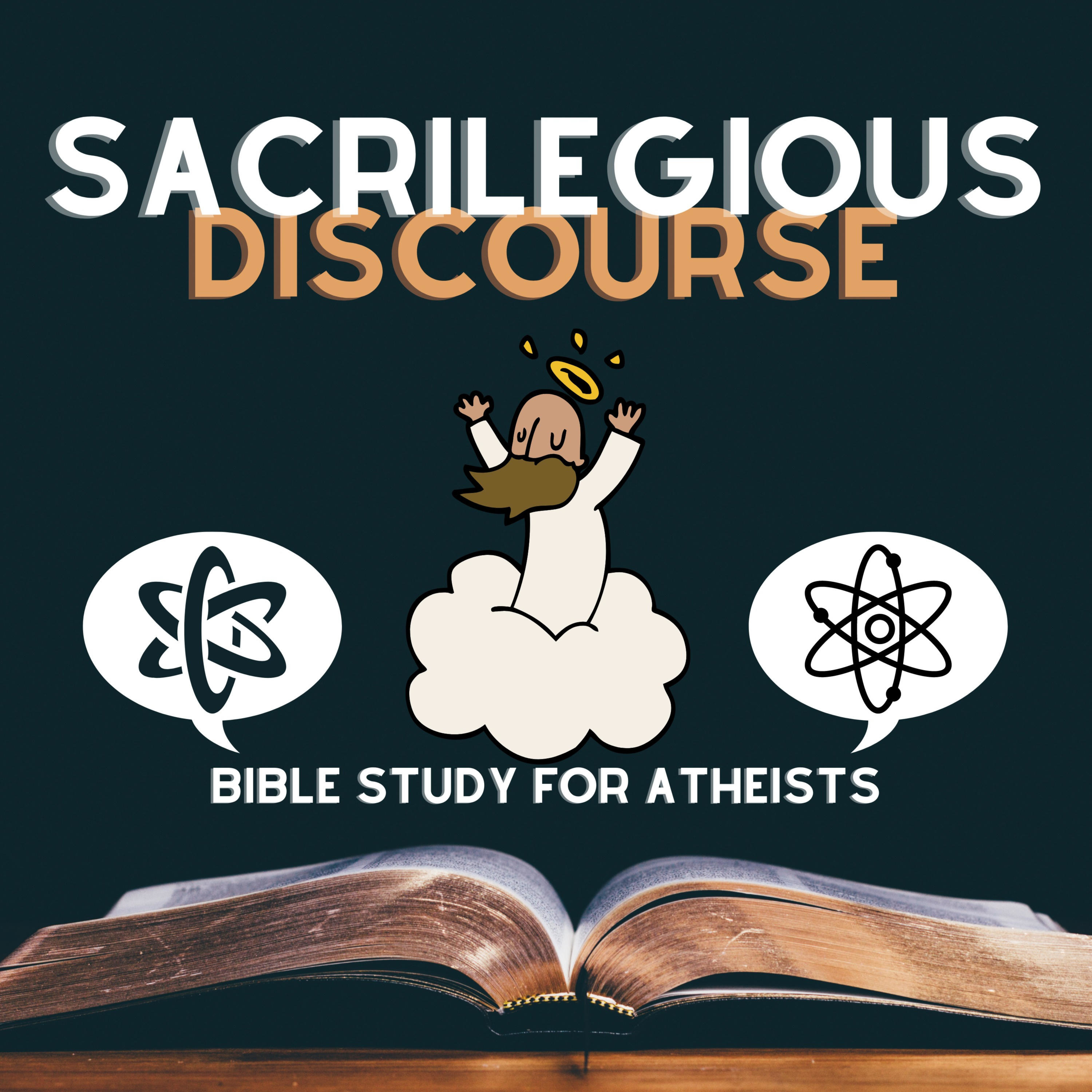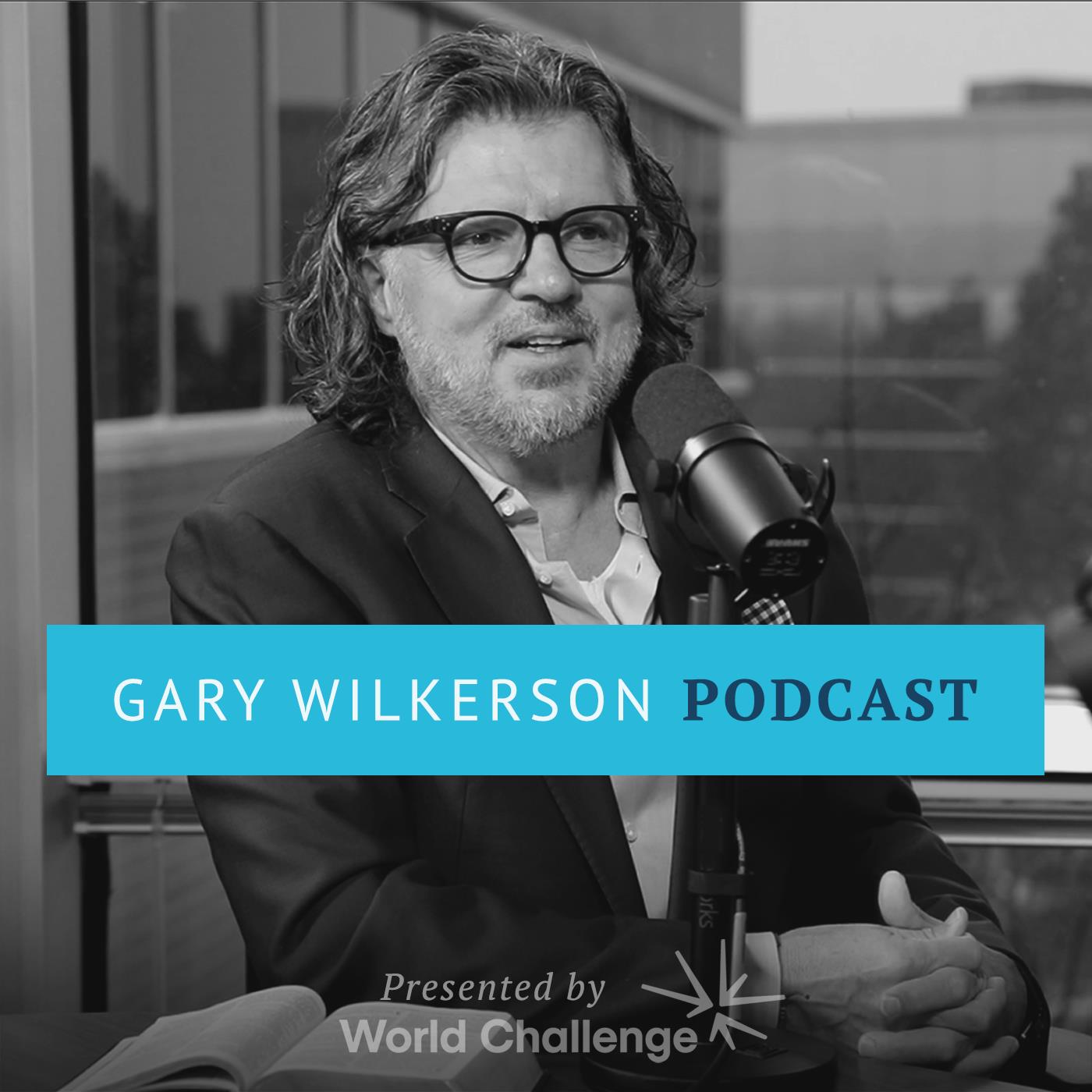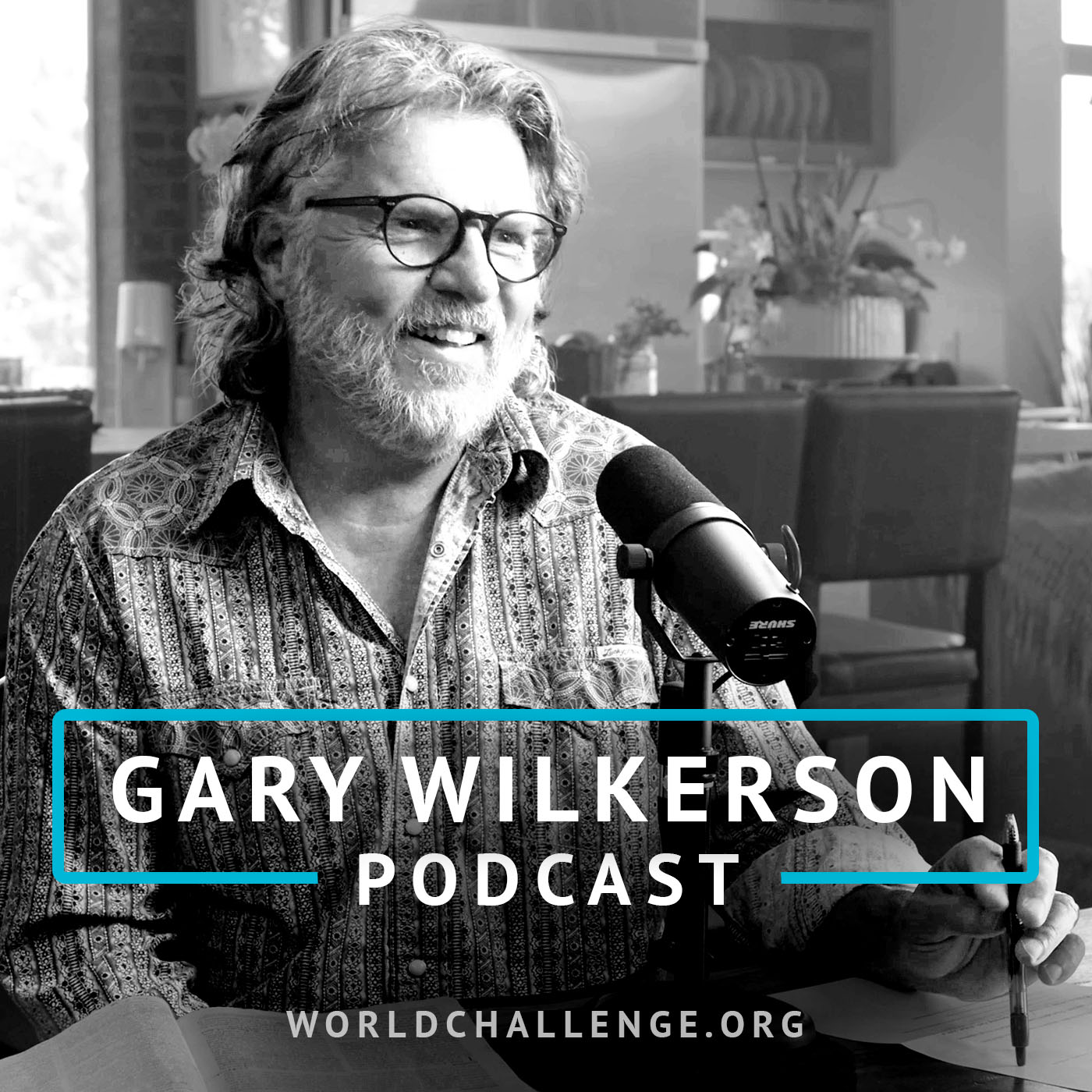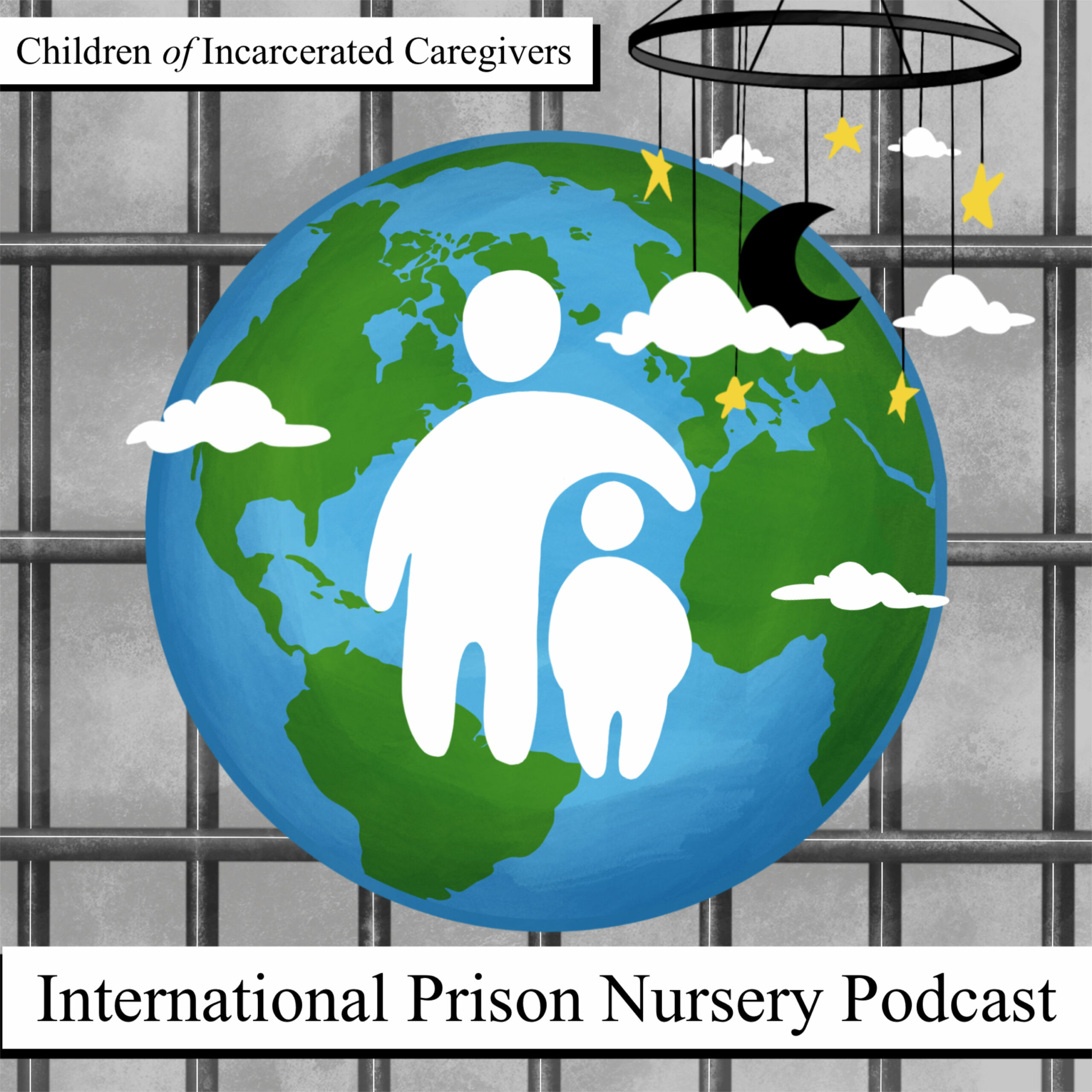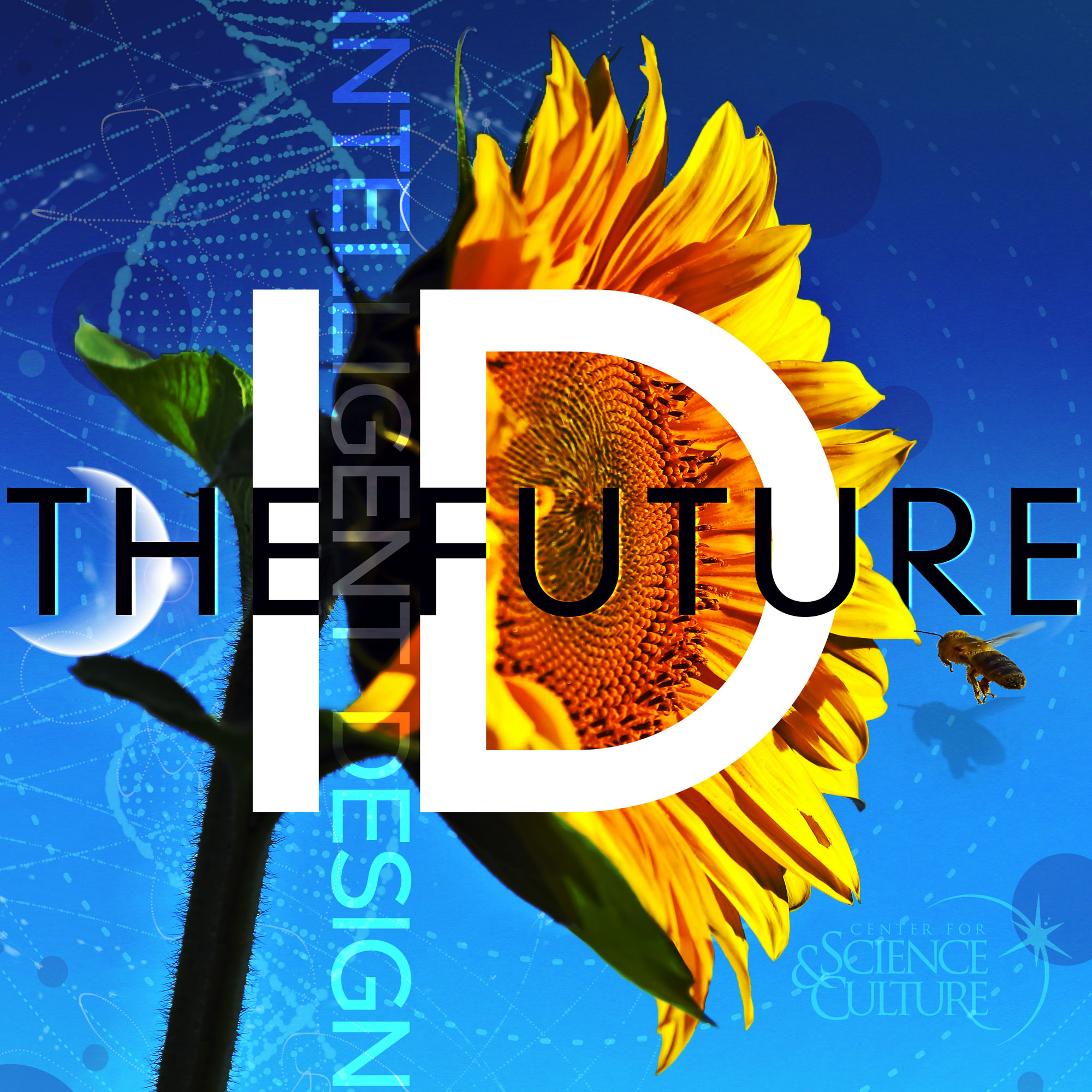- After-Shows
- Alternative
- Animals
- Animation
- Arts
- Astronomy
- Automotive
- Aviation
- Baseball
- Basketball
- Beauty
- Books
- Buddhism
- Business
- Careers
- Chemistry
- Christianity
- Climate
- Comedy
- Commentary
- Courses
- Crafts
- Cricket
- Cryptocurrency
- Culture
- Daily
- Design
- Documentary
- Drama
- Earth
- Education
- Entertainment
- Entrepreneurship
- Family
- Fantasy
- Fashion
- Fiction
- Film
- Fitness
- Food
- Football
- Games
- Garden
- Golf
- Government
- Health
- Hinduism
- History
- Hobbies
- Hockey
- Home
- How-To
- Improv
- Interviews
- Investing
- Islam
- Journals
- Judaism
- Kids
- Language
- Learning
- Leisure
- Life
- Management
- Manga
- Marketing
- Mathematics
- Medicine
- Mental
- Music
- Natural
- Nature
- News
- Non-Profit
- Nutrition
- Parenting
- Performing
- Personal
- Pets
- Philosophy
- Physics
- Places
- Politics
- Relationships
- Religion
- Reviews
- Role-Playing
- Rugby
- Running
- Science
- Self-Improvement
- Sexuality
- Soccer
- Social
- Society
- Spirituality
- Sports
- Stand-Up
- Stories
- Swimming
- TV
- Tabletop
- Technology
- Tennis
- Travel
- True Crime
- Episode-Games
- Visual
- Volleyball
- Weather
- Wilderness
- Wrestling
- Other
J. P. Moreland on the Contradictions of Scientism
Are the hard sciences the only source of truth about reality? On this episode of ID the Future from the archive, host Michael Keas begins a conversation with philosopher J. P. Moreland about Moreland’s book Scientism and Secularism: Learning to Respond to a Dangerous Ideology. As Moreland explains, scientism is the belief that only the hard sciences can provide any reliably true knowledge. It's a claim that also gets applied to other disciplines outside science as well, suggesting that claims of reality in any field of human knowledge cannot be known one way or another. “It’s in the drinking water,” Moreland says, but it’s also self-refuting, and therefore irrational — and very damaging besides. Moreland gives examples. This is Part 1 of a conversation. Source




